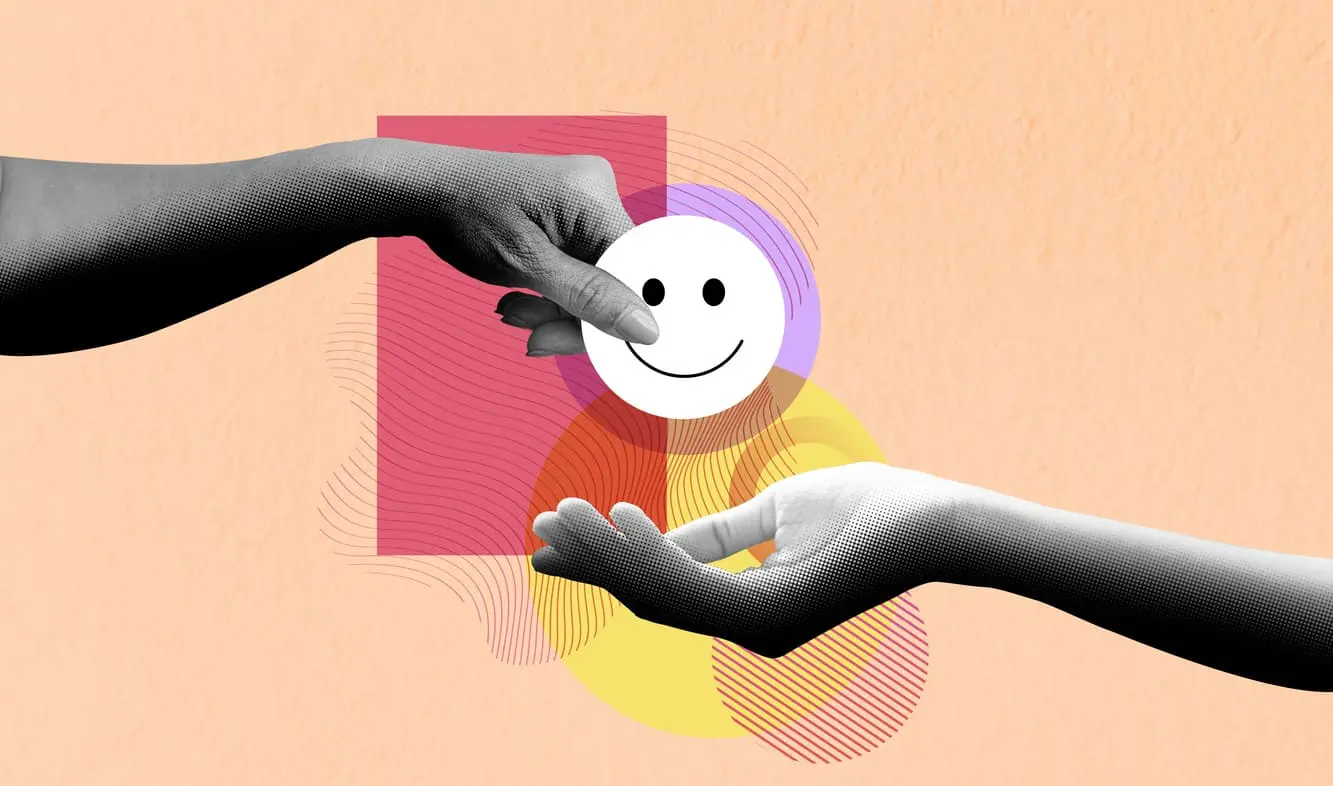How have the children’s thoughts and reactions to social networks evolved over the time you’ve been working with them?
With children, it’s quite easy to recognize their bias to conformism. Contrary to popular belief, young people aren’t necessarily rebellious kids, it’s quite the opposite. They’re very much in line with what the media imposes on them, or with the model set by social networks. They go right along with it, and as soon as something new comes along, they’re all over it. The change hasn’t been major in their behavior. They’ve always been like this. The problems we’re encountering are linked to the use of social networks, the image of platforms, and the idea that they could get rich through influence. They think: “what’s the point of doing math after all? French history? What’s the point of taking the Bac? Because I’m handsome, I’m beautiful, or at least I have charisma and I can make a living out of that”. Take a show like Touche Pas à Mon Poste which has 2 million viewers, but which only presents hyper-sensationalist and very consumerist stuff, it regularly has TV-reality influencers as guests. And that’s what the kids see.
This model appeared two years ago when we were talking about YouTubers. It was a funny, cool thing. The guy who makes you laugh on something called YouTube, it’s new stuff. I’m not talking about the old YouTubers who have made careers that have taken off, some have even gone into film. When it comes to influencers, there’s a kind of path that’s completely skewed from reality. Most of them are candidates on reality TV shows. These are characters who are created. We don’t forbid them from saying whatever stupid thing they like — on the contrary, they’re pushed to go as far as they can. For the viewer, hearing someone say something stupid reassures them about their own intellect.
There’s also the aspirational side; they’re young and beautiful, living in amazing houses, there to meet love. They create lives that seem real to us, but aren’t in reality. And as soon as they finish the show, they’re boosted on social networks with the sole aim of showing a false life, but in exchange there are brands that pay. And the more popular you are, the more followers you have, and the more the brand will pay to use your image.
How do you deconstruct this myth?
Right off the bat, I deconstruct my image as a 50-year-old adult. I try to be their model, I talk like them. To take it apart, it’s simple. I get them laughing. I explain it by taking images of influencers like Kim Kardashian, asking the girls to stand up, look at each other, and ask if any one of them actually looks like that. I demonstrate that there are more people who don’t look like that than who do. I do the same thing with the boys. I ask them to look at me or Uncle Bruno or their father to demonstrate that there are far more men who are not full of muscles than who are. I tell them that if they still want to [be influencers] to do it, but to be aware of what it involves, that you’ll be an object used by others to make money. I don’t say whether it’s wrong or right, just to be aware of it.
What about the impact of social media on children’s mental health? How have you noticed these issues evolve during your time with Génération Numérique?
The Covid period didn’t help, but they’re more and more passive. They talk less, they’re less involved in exchanges. You have to push them to give an opinion. You get the impression that they don’t even have one anymore, that they don’t give themselves the right to have an opinion. They’re afraid of their own opinions. They’re afraid of being judged all the time. Judgment means you must never say anything about me. And to make sure that nothing is said about me, I don’t spread myself too thin.
Our society has trivialized many forms of violence. If there is harassment and cyber-harassment, it’s not necessarily because kids have become more violent, it’s because of our society. Name-calling has been totally trivialized. We insult people even as we’re saying good morning. It’s commonplace. They see it in their families, in society and so they do it among themselves without even being aware of when they do it. They know they don’t like it, but when they do it themselves they feel it’s no big deal because it’s so normal.
There’s a kind of trivialization of verbal violence in particular, and online hatred. Twitter is like a boxing ring. They don’t say it, but I get the impression that the kids think it’s up to the adults [to do something about it]. And they’re not wrong. When there’s trouble at school, parents will often trivialize it by saying ‘oh well, he was provoked’ or ‘kids are just like that, they can be mean’. We trivialize things that are absolutely not normal, because a child isn’t mean, it’s the opposite in fact. Children need to be taught kindness and empathy.
How do parents respond to the internet and social media workshops?
When we have a parent’s meeting, normally only a few parents turn up and those who do already know what you’re going to say. If I have five or six parents who show up, I’m happy. They don’t come because they’re afraid of being judged: “What is he going to tell us? He’s going to teach us about life when he doesn’t know anything about us”. But not at all. It’s just a conversation.
About Kolsquare
Kolsquare is Europe’s leading Influencer Marketing platform, offering a data-driven solution that empowers brands to scale their KOL (Key Opinion Leader) marketing strategies through authentic partnerships with top creators.
Kolsquare’s advanced technology helps marketing professionals seamlessly identify the best content creators by filtering their content and audience, while also enabling them to build, manage, and optimize campaigns from start to finish. This includes measuring results and benchmarking performance against competitors.
With a thriving global community of influencer marketing experts, Kolsquare serves hundreds of customers—including Coca-Cola, Netflix, Sony Music, Publicis, Sézane, Sephora, Lush, and Hermès—by leveraging the latest Big Data, AI, and Machine Learning technologies. Our platform taps into an extensive network of KOLs with more than 5,000 followers across 180 countries on Instagram, TikTok, X (Twitter), Facebook, YouTube, and Snapchat.
As a Certified B Corporation, Kolsquare leads the way in promoting Responsible Influence, championing transparency, ethical practices, and meaningful collaborations that inspire positive change.
Since October 2024, Kolsquare has become part of the Team.Blue group, one of the largest private tech companies in Europe, and a leading digital enabler for businesses and entrepreneurs across Europe. Team.Blue brings together over 60 successful brands in web hosting, domains, e-commerce, online compliance, lead generation, application solutions, and social media.














.webp)




.webp)
